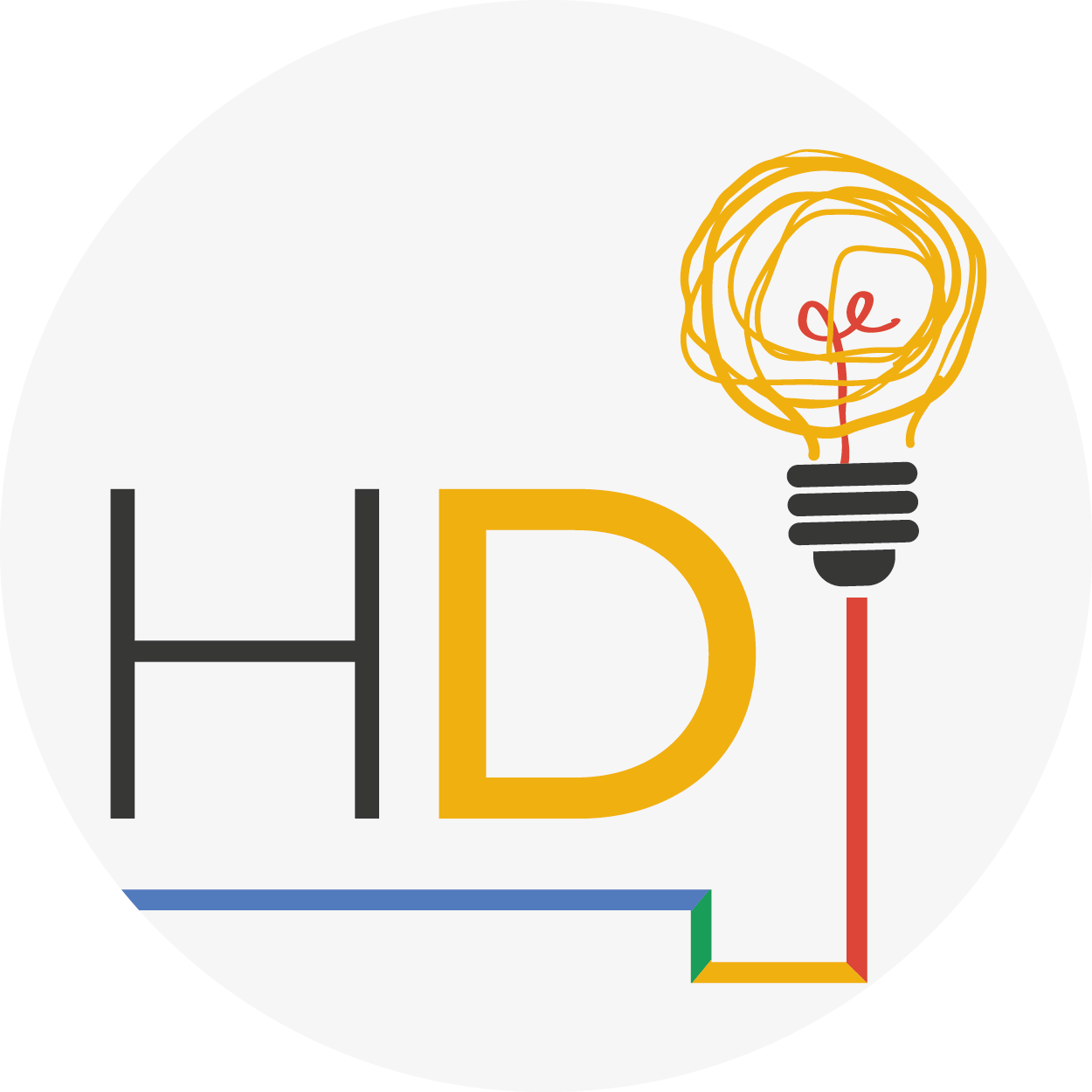How to Teach a Relative Clause Each teacher knows that first, students must master the construction of basic sentences. Basic sentences provide the building block for communication. For example, a student might write, “This is a dog.” A relative clause or adjective clause can be joined together to give more information about something. That is to say, it gives more information about the noun. As an example, the student might write, “This is a dog that is eating a bone.” To introduce a relative clause, include a relative pronoun (such as who, that, whose) or a relative adverb (when, where, why).

